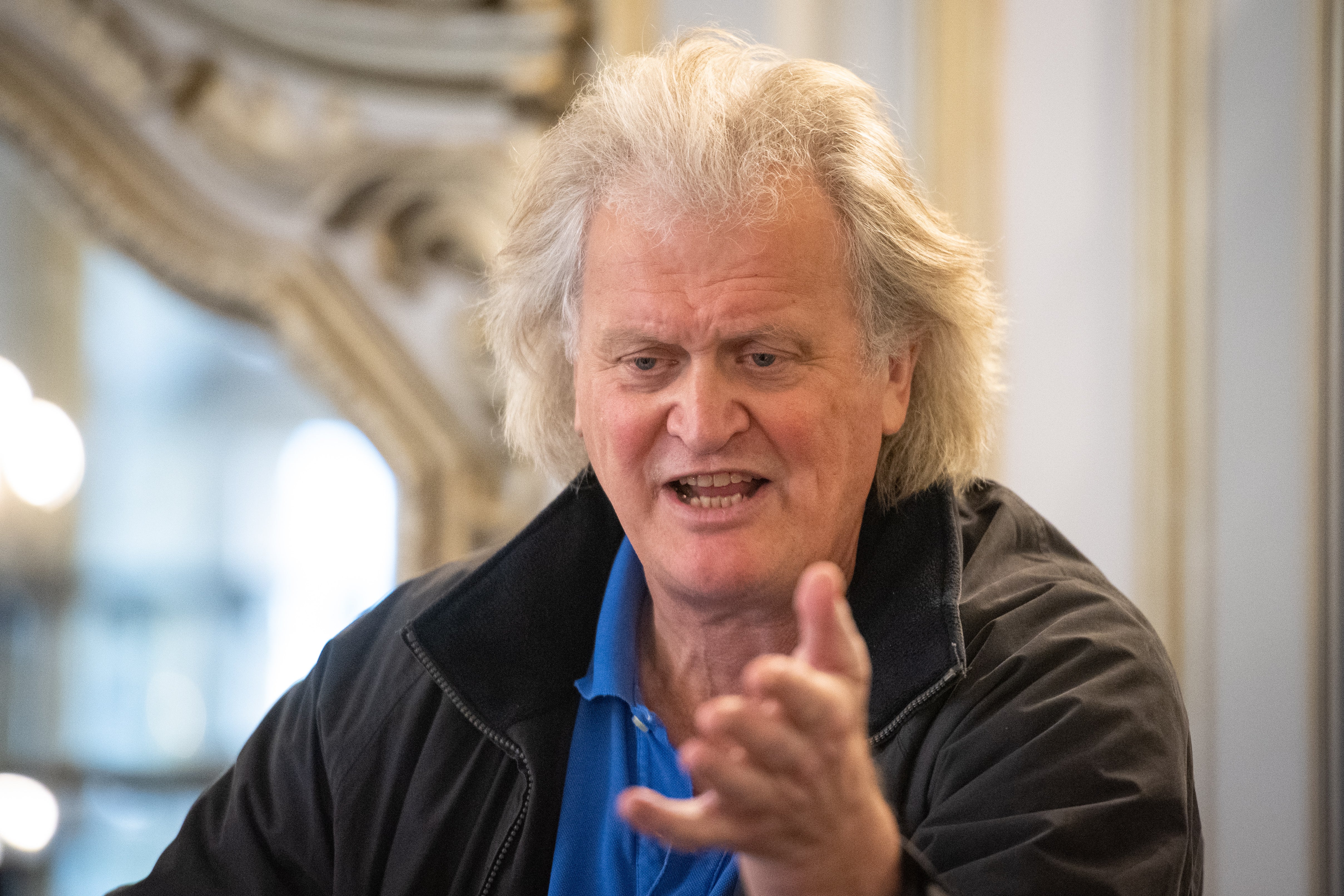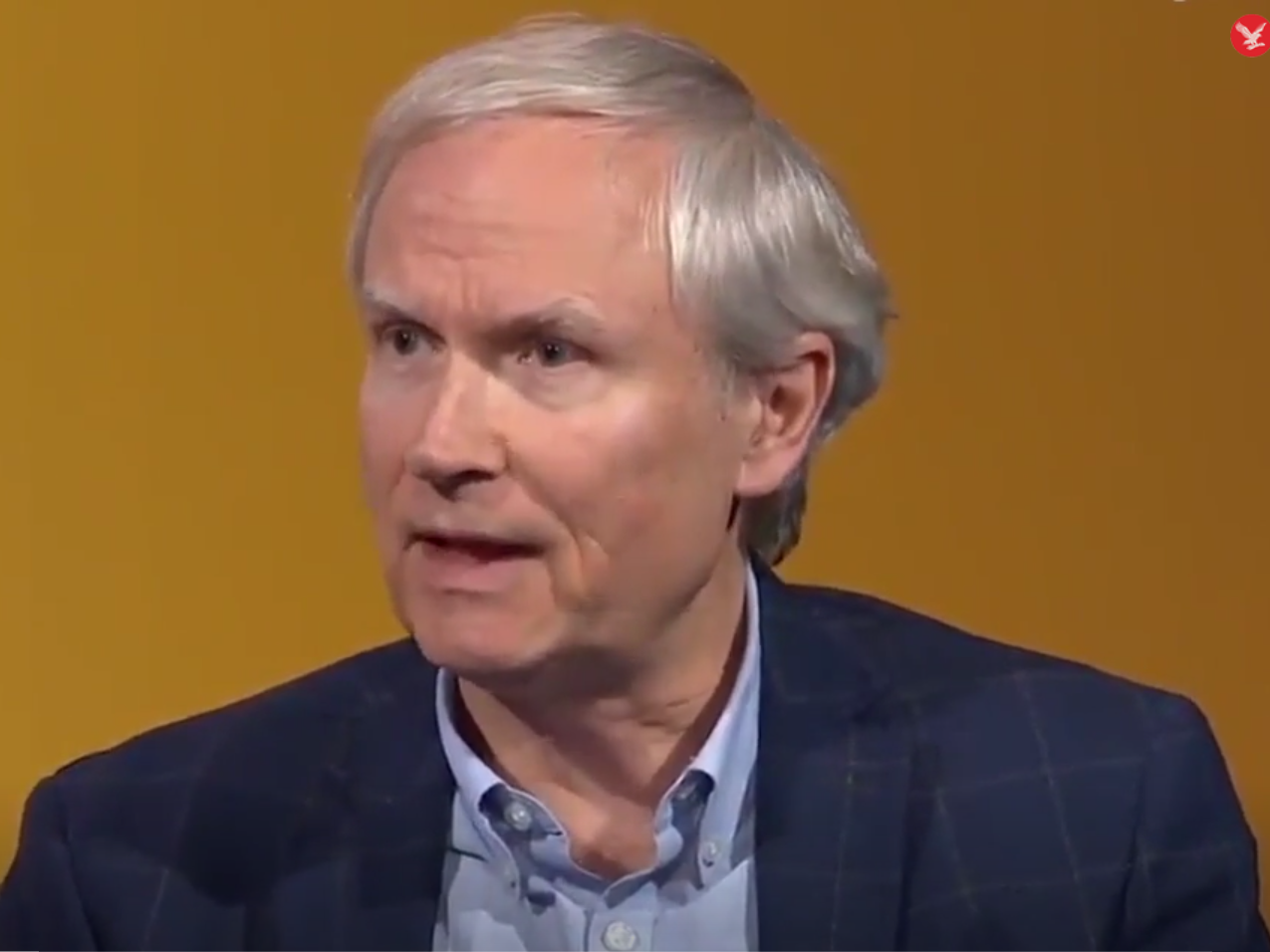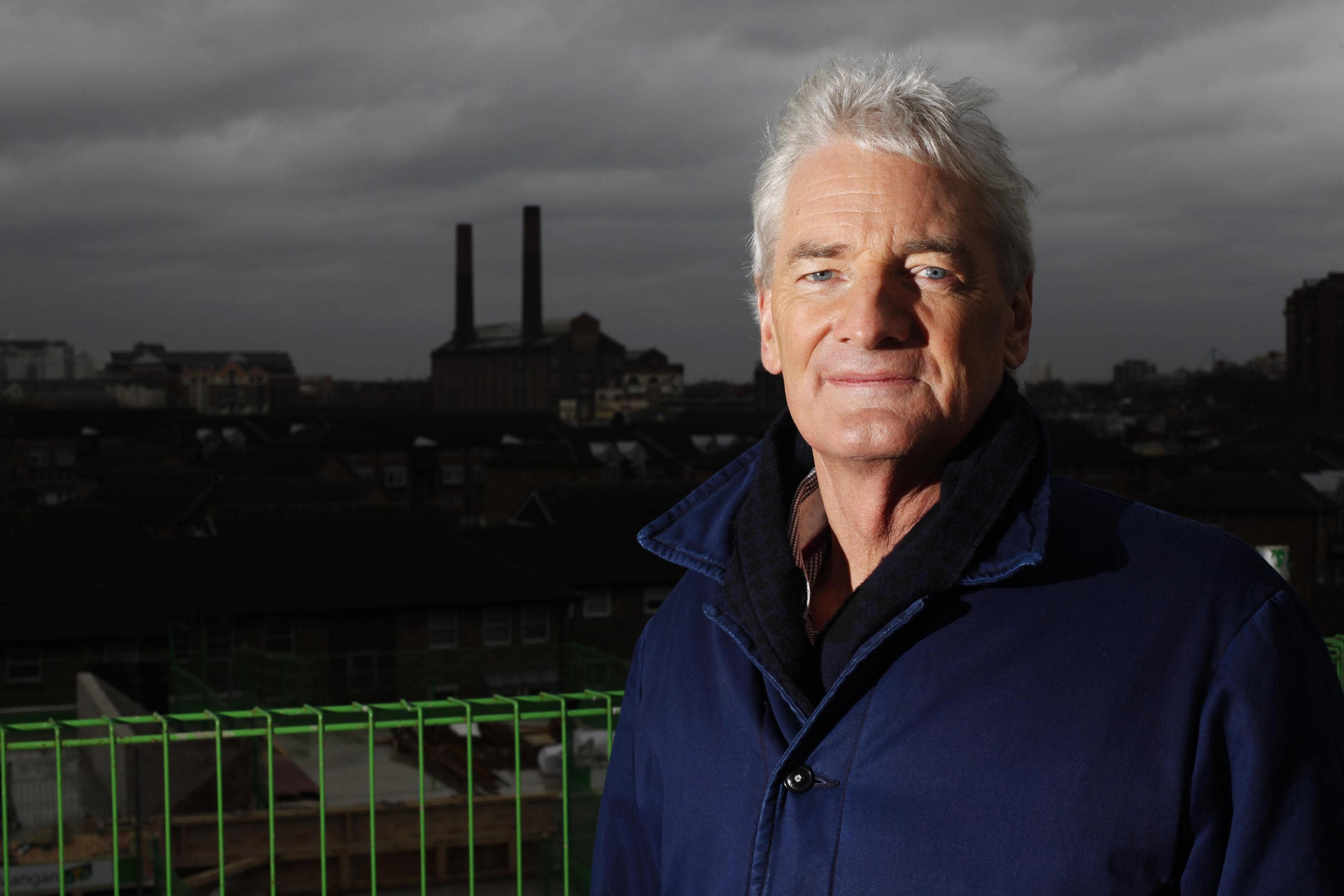Brexit blues: From Wetherspoon to Next, the company bosses who loved Leave until reality hit
Retail boss Lord Wolfson said this was “not the Brexit he wanted” as the country faces labour shortages
Your support helps us to tell the story
From reproductive rights to climate change to Big Tech, The Independent is on the ground when the story is developing. Whether it's investigating the financials of Elon Musk's pro-Trump PAC or producing our latest documentary, 'The A Word', which shines a light on the American women fighting for reproductive rights, we know how important it is to parse out the facts from the messaging.
At such a critical moment in US history, we need reporters on the ground. Your donation allows us to keep sending journalists to speak to both sides of the story.
The Independent is trusted by Americans across the entire political spectrum. And unlike many other quality news outlets, we choose not to lock Americans out of our reporting and analysis with paywalls. We believe quality journalism should be available to everyone, paid for by those who can afford it.
Your support makes all the difference.To say Brexit was one of the most divisive issues in recent British history would be an understatement.
Battle lines were drawn between Leave and Remain before the historic 2016 vote that led to the UK - eventually - tumbling out of the EU.
But six years on, reality is kicking in and some of the most ardent Brexiteers - including the heads of major UK employers - are starting to change their tune.
From immigration overhauls to drastic travel changes, some who ardently campaigned to exit the bloc, are now declaring “this is not the Brexit we wanted.”
We look at some of the more vocal Leavers who have aired their frustrations, and perhaps did not get what they wanted.
Next’s Lord Simon Wolfson

Lord Simon Wolfson, who was a prominent advocate of Brexit, now says the UK’s current immigration policy is holding back economic growth.
The retail boss said firms should pay a tax to employ foreign workers, to encourage them to recruit from the UK first.
Lord Wolfson told the BBC: “We have got people queuing up to come to this country to pick crops that are rotting in fields, to work in warehouses that otherwise wouldn’t be operable, and we’re not letting them in.
“And we have to take a different approach to economically productive migration.”
In a comment piece in The Times during the Leave campaign, Lord Wolfson said Britain needed to “place its trust in the endeavour of Britain’s 30 million-strong workforce.”
The peer is now calling for the British government to open up its borders to more workers from overseas.
JD Wetherspoons’ Tim Martin

Tim Martin campaigned for a hard Brexit, including leaving the single market and the end of freedom of movement which came with it.
Fast forward to 2021, and he urged former prime minister Boris Johnson to create a “reasonably liberal” visa scheme to encourage foreign workers to relocate to the UK.
During the referendum, the Wetherspoon boss warned that remaining in the EU would lead to “significant adverse economic consequences” and labelled those warning of the economic damage that cutting ties with our biggest and closest trading partner would bring as “doomsters.”
Arguing for a no-deal Brexit in 2019, Mr Martin said: “I have argued that the UK – and therefore Wetherspoon – will benefit from a free-trade approach, by avoiding a ‘deal’ which involves the payment of £39bn to the EU.”
In October, the company posted losses of £30 million as it struggled to get back on track after the pandemic
The business is facing “a momentous challenge” to persuade pubgoers back into its bars after they got used to drinking cheap supermarket beer during Covid, the company’s boss has said.
Patisserie Valerie’s Luke Johnson

Luke Johnson, chairman of bakery chain Patisserie Valerie and former head of Pizza Express, was another figure who supported Brexit but was less impressed by the reality once it happened.
Speaking on a panel discussion on the Today programme in August, he said Brexit had been a “disappointment.”
Mr Johnson was a vocal supporter for Brexit saying the decision to leave the EU would see British businesses prosper in the new environment.
But when asked about the impact of Brexit on the UK economy, he admitted that it has cost us growth before adding: “I think however if we spent our lives punishing ourselves and refighting the last war over Brexit we're not going to make progress.”
But while he said Brexit had created issues for trade, he was confident the problems could be overcome and the situation with shortages of foreign workers wasn't as bad as reported.
Bosses who back Brexit - then moved residency to another country

Sir James Dyson and Sir Jim Ratcliffe both came in for criticism after moving their residencies out of the UK after supporting Brexit.
When Dyson boss, Sir James announced in 2019 his firm would move its global headquarters to Singapore from Britain, he was accused of hypocrisy. Previously he had argued in the run-up to the Brexit referendum that the UK would gain more from leaving the EU than it would lose.
However, in a later interview with the BBC, he said: “We're a British company - I've put a lot into this country.
“I can't make things here and bring over all the components from the Far East here, assemble them here and then send them back to the Far East. That just doesn't work.”
In 2021 he switched his residency back to the UK.

In 2020 Sir Jim Ratcliffe, the UK’s richest person and high-profile Brexiteer, changed his tax residency from Hampshire to tax-free Monaco.
In the run-up to the Leave vote, Sir Jim offered vocal support to the campaign saying: “The Brits are perfectly capable of managing the Brits and don’t need Brussels telling them how to manage things.”
The former Liberal Democrat leader Sir Vince Cable described the petrochemical boss’ move as “deeply cynical”.
“The idea we should be dishing out knighthoods to people who have no commitment to this country is rather shameful,” he said.

Join our commenting forum
Join thought-provoking conversations, follow other Independent readers and see their replies
Comments